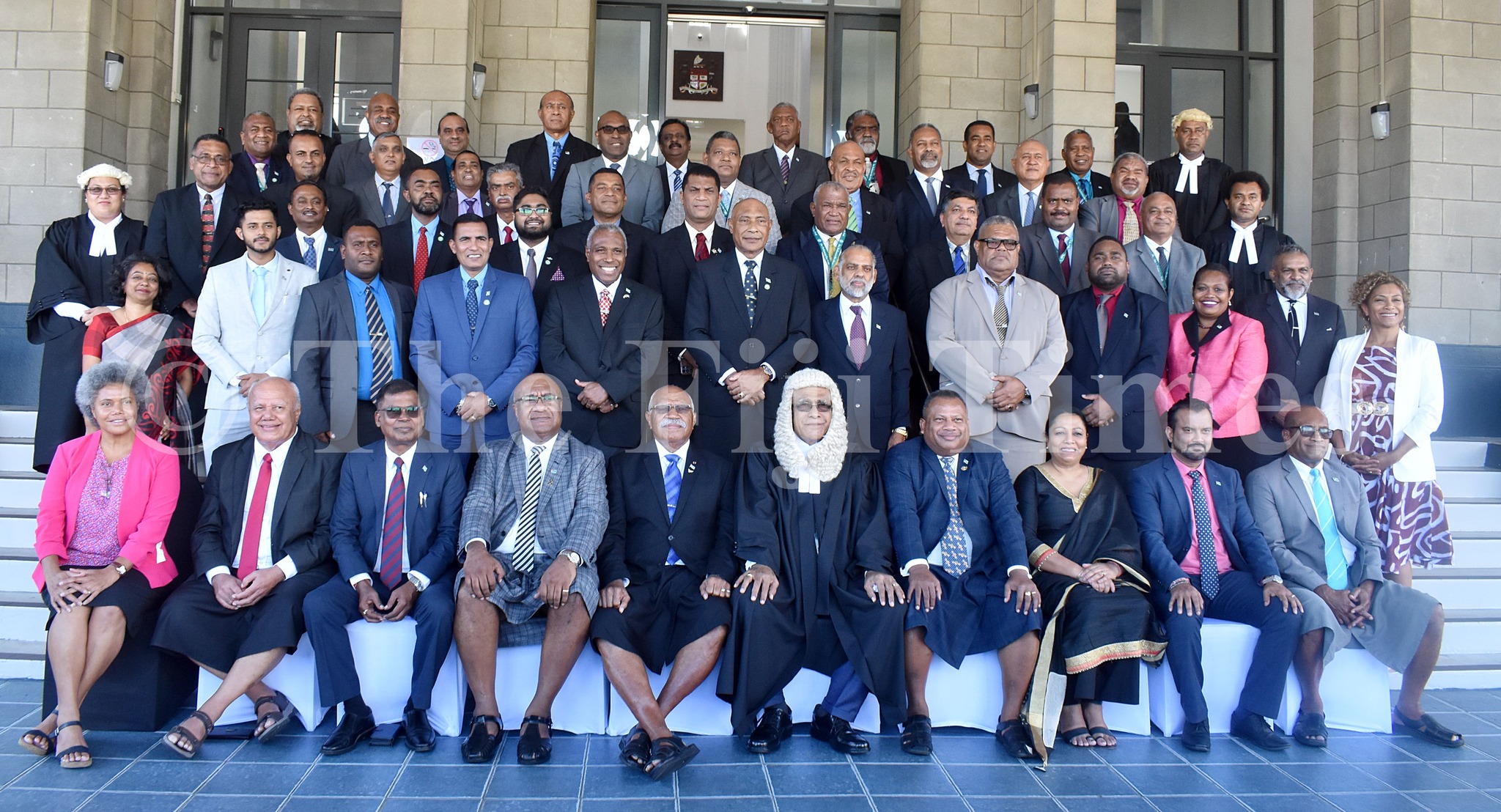No political party in any country can completely fulfil promises made during elections once they come into power and Fiji is no exception to the rule, says distinguished Fijian academic Professor Steven Ratuva.
“It’s common for political parties to over-promise during elections when in competition with other parties to win votes,” the University of Canterbury pro vice-chancellor said.
“But once in power, there is a tendency to tone things down a bit when they realise that they are faced with financial, structural and procedural constraints.
“It’s even more challenging when there it is a coalition government because all the political parties have to be satisfied through compromises.
“Research in various parts of the world show that fulfilment of political promises range widely across countries with some hovering around 60 per cent and in some cases as high as 85 per cent and in others as low as 20-30 per cent.
“Depending on the methodology used, promises can be either partly or fully fulfilled and how the governments frame and communicate the narratives and imagery of achievement to the public matters.
“In this world of social media, imageries — whether real, virtual or imagined — do matter in shaping people’s ideas.”



